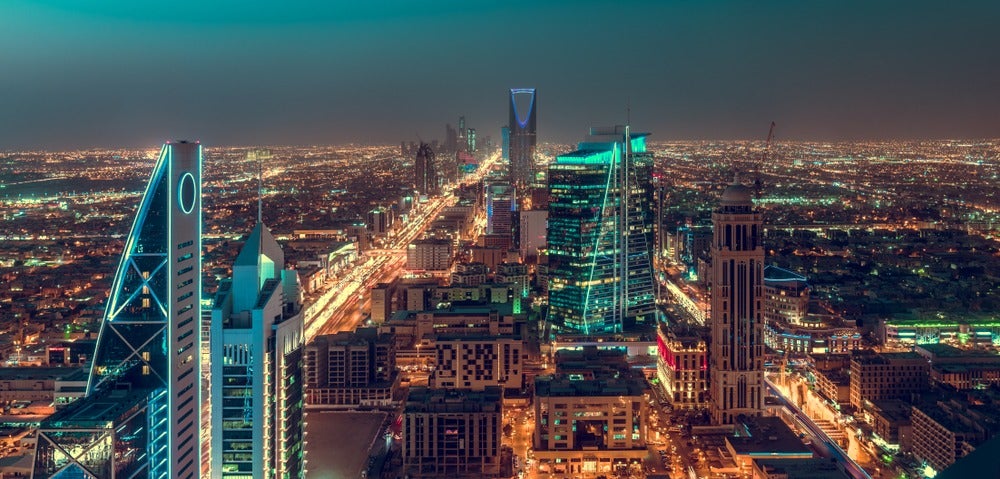This is the second time in recent years that Riyadh has set a mega-target for the development of renewable energy and investors will be looking for substantial projects to back up the talk.
Saudi Arabia’s decision to set a target of 58.7GW of renewable energy by 2030 evokes a definite feeling of deja vu. In 2013, the King Abdullah City for Atomic & Renewable Energy (KA-Care) launched a White Paper detailing plans to deliver 54GW of clean energy by 2032.
The plans were greeted with much fanfare throughout the world, with developers, technology firms and investors all excited about the prospects for one of the most ambitious clean energy programmes in the world.
KA-Care programme and Vision 2030
However, the document was as far as the plans got. Riyadh abandoned the KA-Care programme and replaced it with a seemingly more manageable target of 9.5GW by 2023 in its Vision 2030 masterplan.
The new target was followed by the creation of the Renewable Energy Project Development Office (Repdo), established under the auspices of the Ministry of Energy, Industry & Mineral Resources, to lead the National Renewable Energy Programme (NREP). However, despite a positive start, Repdo’s programme faced a new challenge days after it awarded the contract for the first project under the NREP in February 2018.
In March, Crown Prince Mohammed bin Salman signed an agreement with Japan’s SoftBank to deliver 200GW of solar capacity across the kingdom as part of a $200 billion programme.

US Tariffs are shifting - will you react or anticipate?
Don’t let policy changes catch you off guard. Stay proactive with real-time data and expert analysis.
By GlobalDataWhile the mammoth target dominated headlines, it also caused concerns about the potential of the new plans to derail progress with the NREP. In the following months, these concerns proved to be valid with the bid opening for the second project delayed and no further projects tendered.
Riyadh has moved to allay these fears in early 2019. The same day that news broke of the ambitious new clean energy targets, which included raising the 2023 target from 9.5GW to 27.3GW, Repdo confirmed it had awarded the contract for the second project under the NREP, the 400MW Dumat al-Jandal wind project.
Public Investment Fund
Repdo’s programme will run in parallel to the Public Investment Fund (PIF) programme, with Repdo delivering 30 per cent of the total planned capacity and the PIF/Softbank track delivering the remaining 70 per cent. Out of the scant details revealed so far about the PIF programme, the capacity will be developed through negotiated deals with international partners rather than the competitive tendering approach adopted for the Repdo projects.
A key part of the PIF programme is that the projects will be developed using components from large-scale domestic manufacturing, with additional targets for exporting clean energy equipment. Adding in-country value and diversifying domestic manufacturing capabilities are crucial to Vision 2030.
While the new target once again brings the kingdom’s renewable energy sector sharply into international focus, it has already led to scepticism over whether such a large programme can feasibly be delivered in such a short period of time.
If Saudi Arabia wants to assure investors that it can deliver a mega-programme of clean energy projects this time around, it must start delivering projects to support its targets.
This article is sourced from Power Technology sister publication www.meed.com, a leading source of high-value business intelligence and economic analysis about the Middle East and North Africa. To access more MEED content register for the 30-day Free Guest User Programme. https://www.meed.com/registration/




